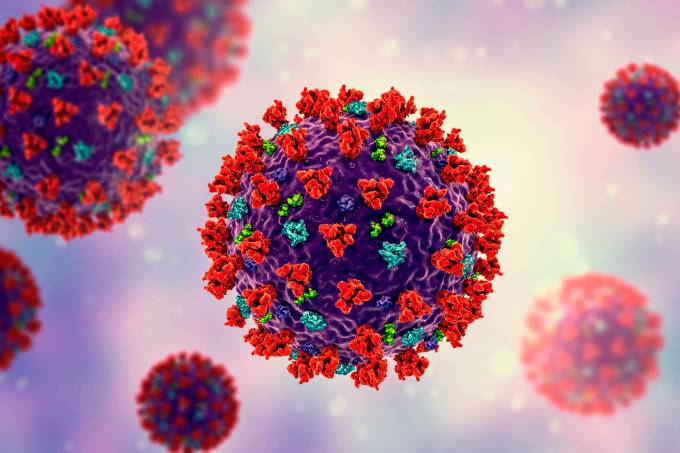Protocol Detail


ACUTE RENAL FAILURE
Acute kidney failure happens when your kidneys suddenly lose the ability to eliminate excess salts, fluids, and waste materials from the blood
Diagnosis
Often secondary to hypotension from whatever cause.
Try to establish cause.
Check for Nephrotoxic drugs (esp. aminoglycosides, tetracyclines, ACE inhibitors and NSAID’s).
Keys to effective treatment are restoration of renal blood flow, blood pressure and maintaining high urine output.
Presents with oliguria with deteriorating biochemical function deteriorating
Management
1. FBC, U&E’s, LFT’s, Osmolality, Venous gasses and consider ESR as indicated,
2. Urinalysis (Specific Gravity high in prerenal) and Mid Stream Urine,
3. Urinary Na (<20mm01/1 in prerenal), Osmolality (> plasma Osmolality + 100 mosm/1 in prerenal), urine:plasma creatanine ratio (>40 in prerenal- should respond to IV fluids),
4. ECG,
5. CXR,
6. Correct hypovolaemia and hypotension with fluids,
7. Consider ionotropes if no response in Blood pressure to fluids,
8. Consider trial of Frusemide 20mg IV (after adequate trial of fluids). This wont reverse established renal failure but might convert oliguric into non-oliguric failure,
9. If hypertensive treat with Nitroprusside: 0.5-1 IV followed by infusion at 0.5-8
10. Correct hyperkalaemia
· Look for EGG changes: T-wave inversion, wide QRS, prolonged PR, deepening S-wave,
· Calcium Resonium 30 mg per rectal,
· Calcium Gluconate 10 mLs 10% IV,
· Glucose 50 mLs 50% with 10 units Actrapid insulin IV,
· Consider nebulised Salbutamol 10 mg repeated adter ½ hr,
· Consider Frusemide 20-40 mg IV.
11. Acidosis is usually self-limiting
12. Check venous gasses and U&Es an hour later,
13. Consider renal USS/CT/Renal biopsy and dialysis:
· Indications for dialysis:
i. hyperkalemia> 7 mmol/l,
ii. Urea >40 mmol/l with complications( encephalopathy, uremic pericarditis)
iii. refractory pulmonary edema
iv. severe metabolic acidosis( pH <7.2 or base excess <10)
v. drug overdose ( barbiturates, Lithium, Alcohol, salicylates, theophylline)









